-
When Charity Goes Wrong – Edal Village; Or, The Fortunate Lottery Ticket (1781)

By Paul Goring ‘[S]uddenly acquired wealth is no light burden to bear!’. This is a recurrent warning in cultural representations of lotteries which, when they portray big winners, are typically more interested in depicting disastrous ways to splurge a fortune than in showing the actions of responsible spenders. Bad financial decisions and recklessness, it can be…
-
Putting one’s faith in lucky numbers – a literary trope
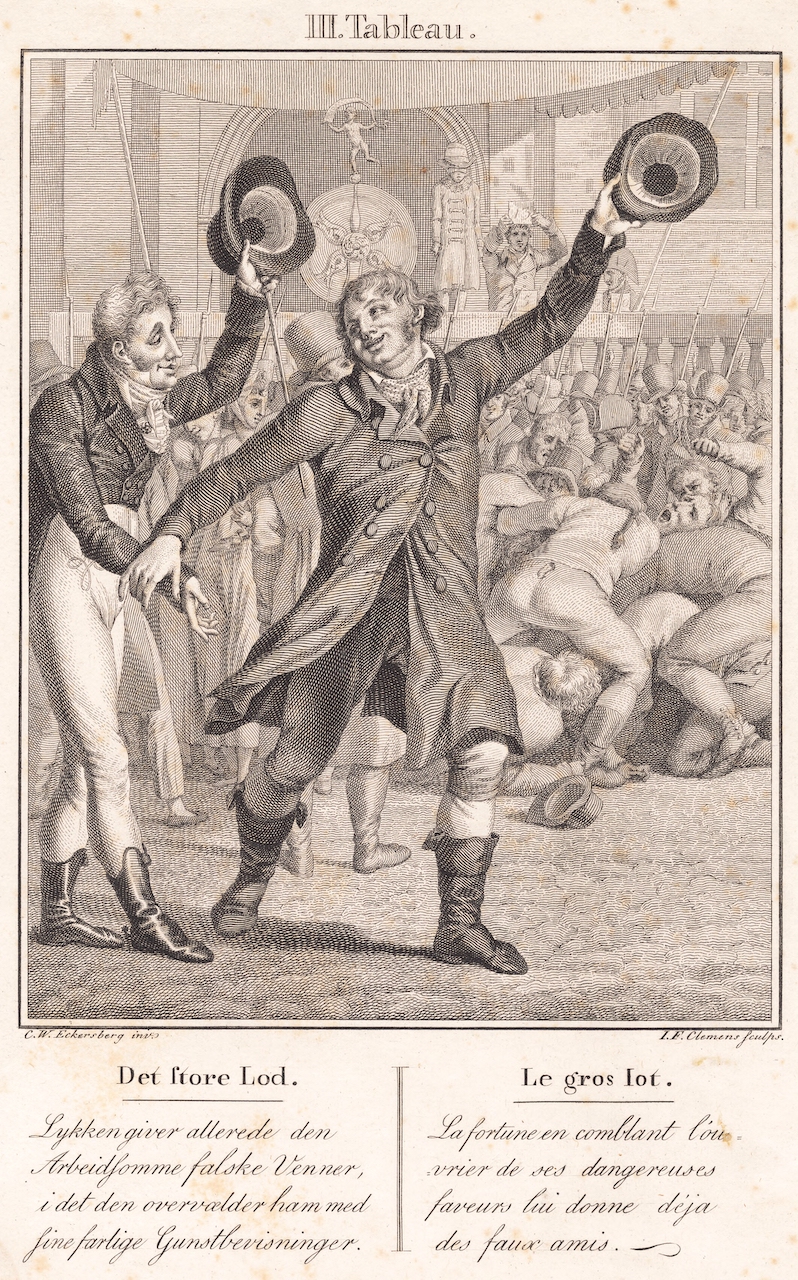
By Inga Henriette Undheim When playing the lottery, why do some of us insist on gambling on self-composed series of ‘lucky numbers’ even though we know that lottery drawings are determined solely by chance? In this post, we shall have a look at a selection of fictional texts in an attempt to find some answers.…
-
The lottery as opium of the people?
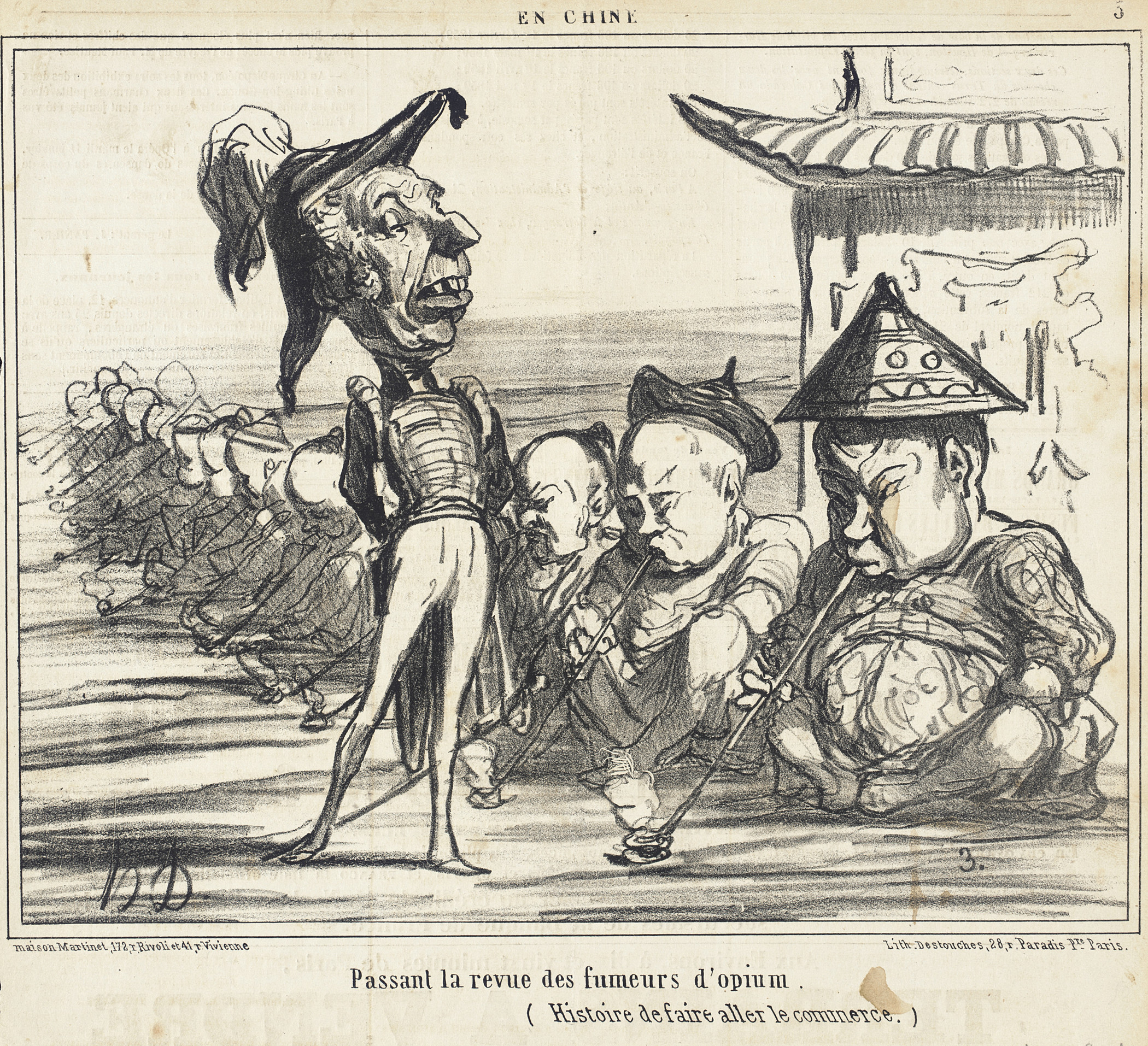
By Marius Warholm Haugen In 1843, Karl Marx wrote about religion, that it is “the sigh of the oppressed creature, the heart of a heartless world, just as it is the spirit of spiritless conditions. It is the opium of the people”. The opium metaphor is undoubtedly one of the most famous phrases of the German thinker,…
-
Dreams from the Past in Early Modern Lottery Rhymes
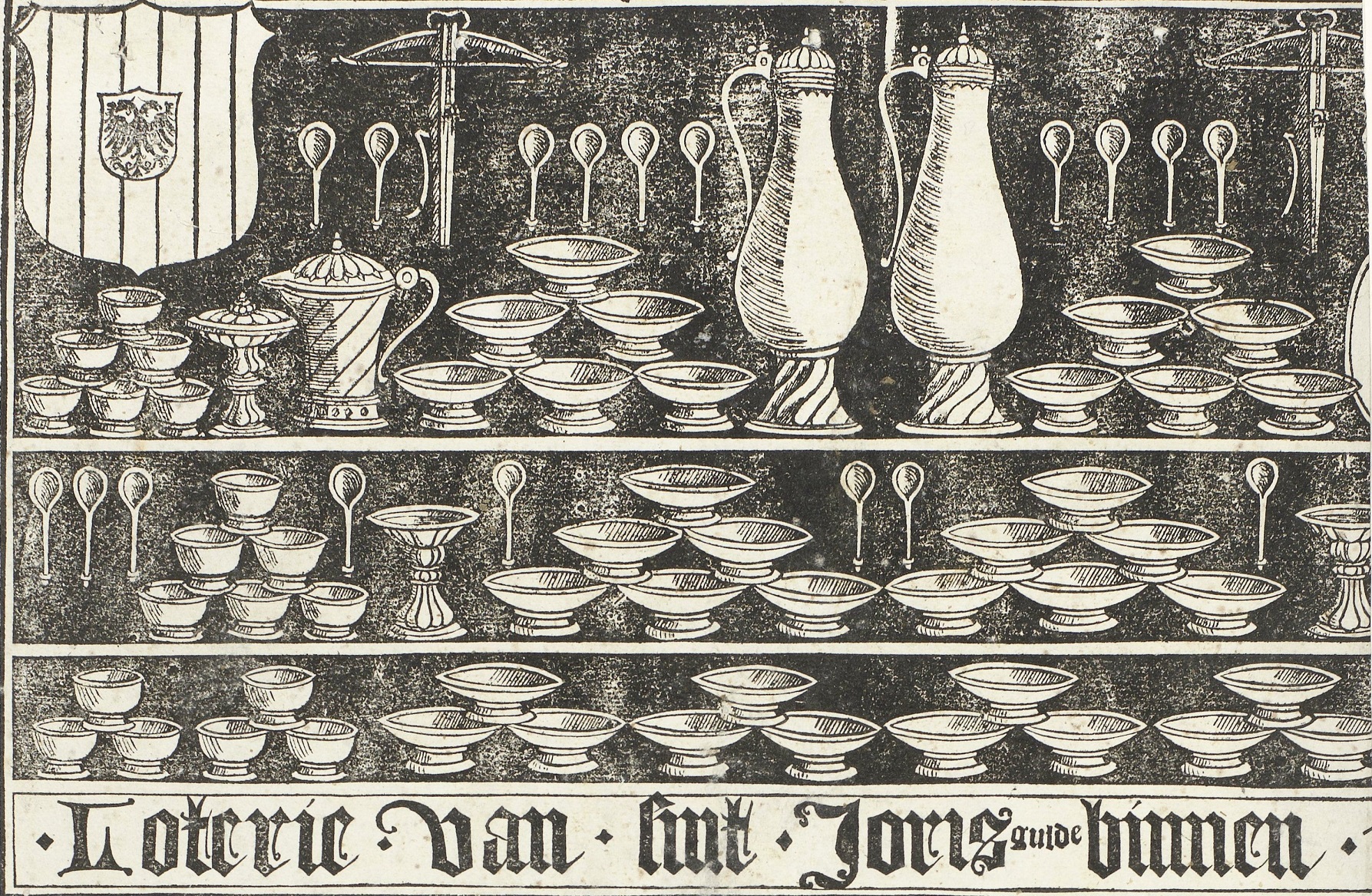
By Marly Terwisscha van Scheltinga ‘What would you do if you won the lottery?’ Although I do not remember the distinct occasions on which this question was posed to me, I do remember it coming up now and again from childhood onwards. Every time, the question was entirely hypothetical: as a child, I had no…
-
The 68-days drawing

By Jeroen Puttevils In a previous post to this blog, James Raven delved into his diaries to narrate the first draw of the new National Lotteries in Britain in November 1994. The event took the form of an hour-long televised spectacle. This is much longer than the televised draws we are used to today; these…
-
Lottery Notes from my Diary, November 1994

By James Raven The New Year will mark the beginning of the thirtieth year since a state lottery was re-introduced in Britain. That lottery arrived with almost no notion that a state lottery had been inaugurated almost exactly three hundred years previously. In 1992 the Lottery Act was passed, with an expectation of the lottery…
-
Imagining the lottery as a social and political problem
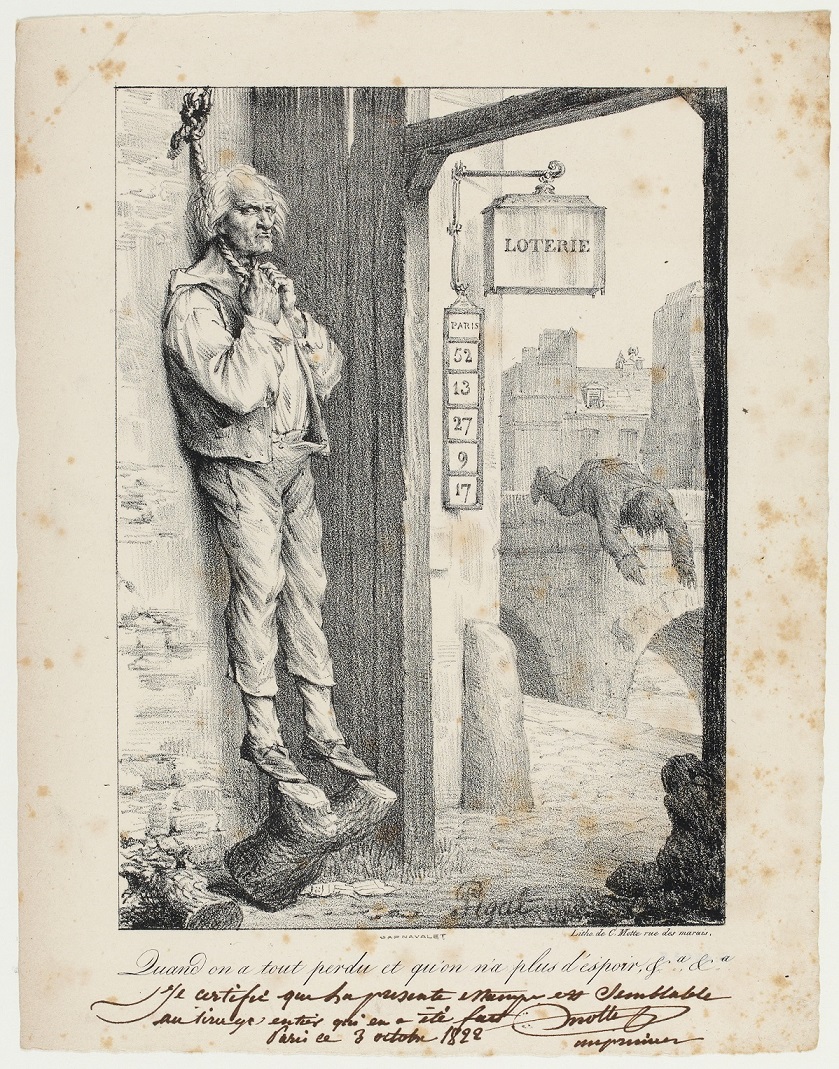
By Marius Warholm Haugen The establishment of the French Royal Lottery in 1776 is a watershed moment in the history of France. The introduction of the Genoese numbered lottery system assured the success of a permanent lottery institution that would last for over sixty years, generating large incomes for the state. At the same time,…
-
Lottery workshop at the beautiful Palazzo Loredan in Venice
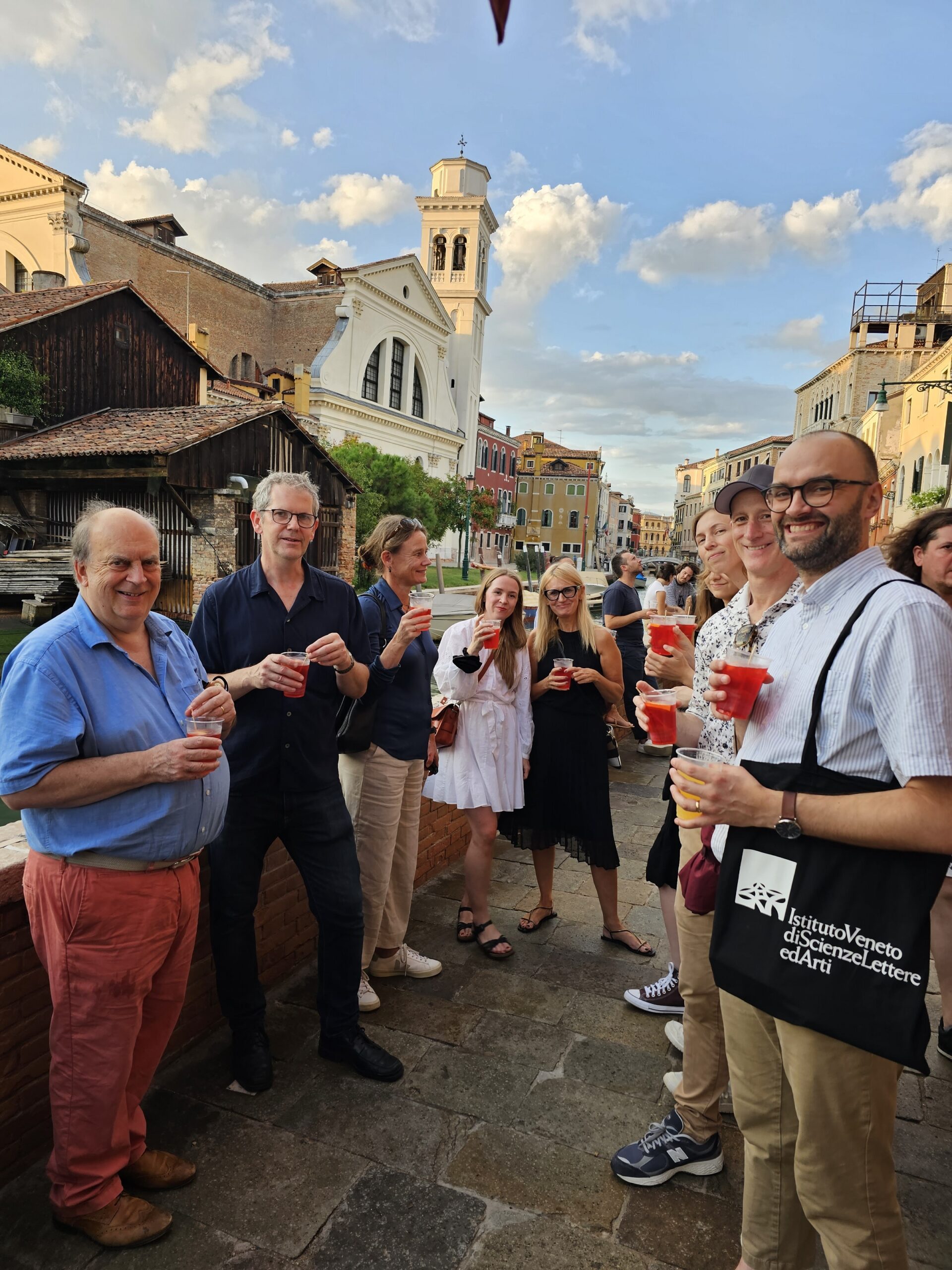
By Johanne Slettvoll Kristiansen Last week, our team of European lottery scholars met in Venice to continue our work on a book on the cultural history of European lotteries. What could be better than to discuss the lottery in a city renowned as a capital of gambling! We were graciously hosted by the Istituto Veneto…
-
‘Bellman’s lottery’: An Italian novelty in Sweden
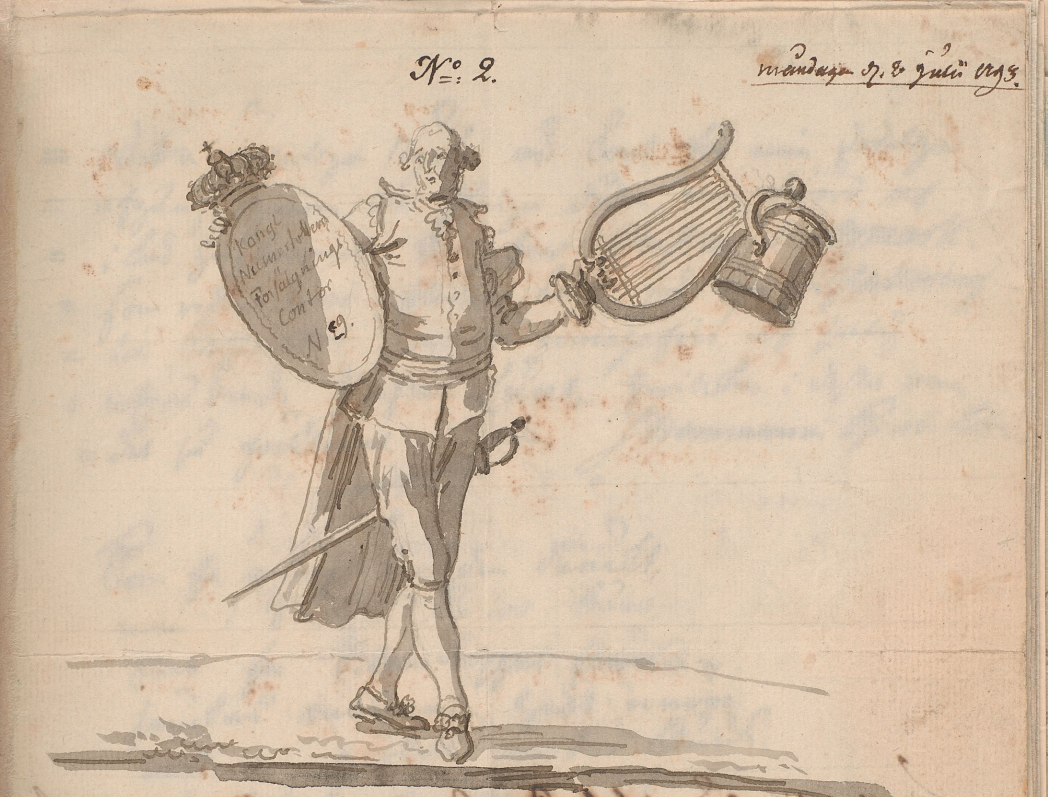
By Johanne Slettvoll Kristiansen The Royal Swedish Number Lotto (‘Kungliga Nummerlotteriet’) left its mark on life in the Swedish capital of Stockholm for a period of nearly 70 years. Its first drawing took place in February 1773, and they continued every third week in the form of meticulously staged state ceremonies, conducted with great pomp…
-
Did the Spanish Lottery Succeed as a Deterrent to Illicit Gambling? A Legal Perspective
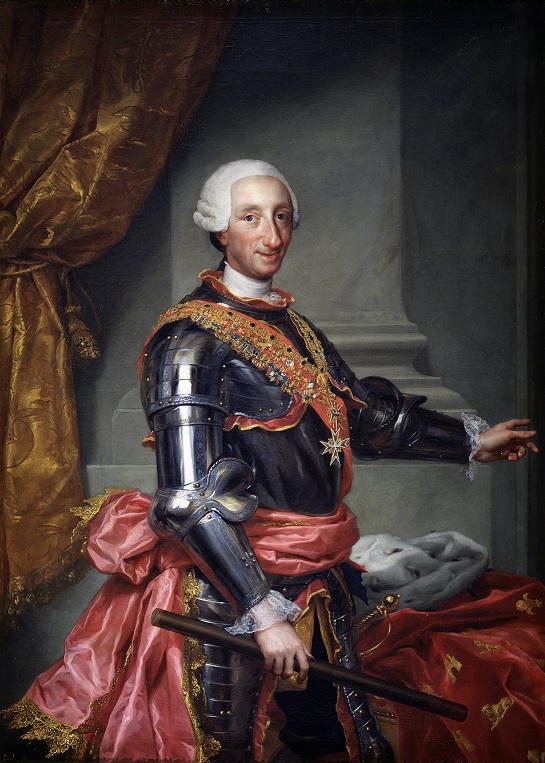
By Michael Scham A major argument in favor of introducing the lottery in Spain (1763) was that it represented a solution to the perennial problem of gambling. From the Middle Ages on, an abundance of tractates, legal documents, moralistic writings and literary works expressed a preoccupation with rampant gambling, in diverse venues, at every level…